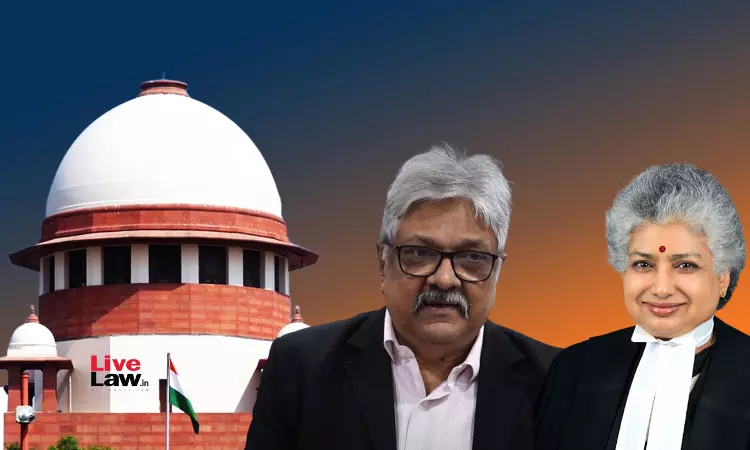Religion Important Only When It Is Relevant Under Law, Otherwise India Secular Nation: Supreme Court
Rintu Mariam Biju
28 Jan 2023 1:06 PM IST

Next Story
28 Jan 2023 1:06 PM IST
The Supreme Court on Friday said that religion is important in our country only when its relevant under the law, otherwise for all purposes India is a secular country. “Religion is important when it is important. How? When it is relevant under the law. Otherwise, we have a secular nation, everything we do, we have to imbibe that spirit. Both citizens and the state”, a bench...
